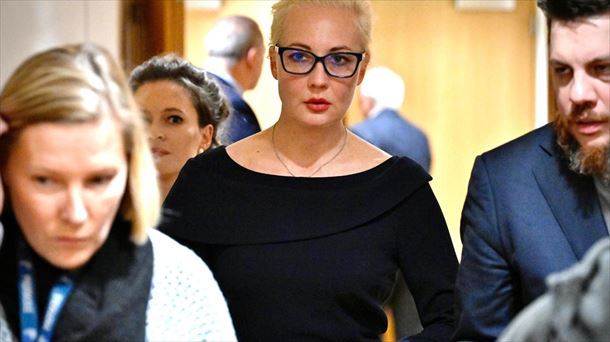Since the outbreak of the Arab Spring in 2011, Tunisia has been regarded as a beacon of hope for democratization in the region. But after Saturday’s boycotted parliamentary elections, the North African country was finally able to transform itself into an autocratic state. Not even one in ten eligible voters cast their vote.
The turnout was 8.8 percent, the election commission said on Saturday after the polls closed. According to preliminary results, about 803,000 Tunisians voted. About twelve million people live in the country. Most parties had called for a boycott of the elections.
The opposition united in the rescue front called on President Kais Saied to resign. “What happened today is like an earthquake,” said Salvation Front chief Nejib Chebbi. “From this point forward, we consider Saied an illegitimate president and call for his resignation after this fiasco.”
On Saturday morning, Saied called on Tunisians to vote. In the last parliamentary elections in 2019, 40 percent of eligible voters participated. The Salvation Front called for protests and sit-ins. It includes several parties, including the Islamist Ennahda, the largest faction in the old parliament.
The president has been ruling by decree since last year
President Saied dissolved parliament last year and has since ruled by decree. With a state reform, he expanded presidential powers. For example, the president chooses the prime minister. 1,058 mainly non-party candidates, including 120 women, compete for the 161 seats in parliament. Saied has justified the reforms he introduced as necessary to overcome corruption, political deadlock and economic stagnation. Initially, his measures were welcomed by parts of the population. Civil rights activists now accuse him of continuing to curtail democratic rights. Tunisia’s main trade union of journalists accused authorities of obstructing critical coverage of the election campaign.
The economic crisis and growing poverty in the country are exacerbated by the political crisis. The country is struggling with an inflation rate of almost ten percent and the economy contracted by eight percent during the corona pandemic. At the end of September there were protests against sharp price increases and food shortages. The government installed by Saied is trying to get loans from the International Monetary Fund. But they are tied to unpopular government spending cuts.
Source: Krone
I am Wallace Jones, an experienced journalist. I specialize in writing for the world section of Today Times Live. With over a decade of experience, I have developed an eye for detail when it comes to reporting on local and global stories. My passion lies in uncovering the truth through my investigative skills and creating thought-provoking content that resonates with readers worldwide.



